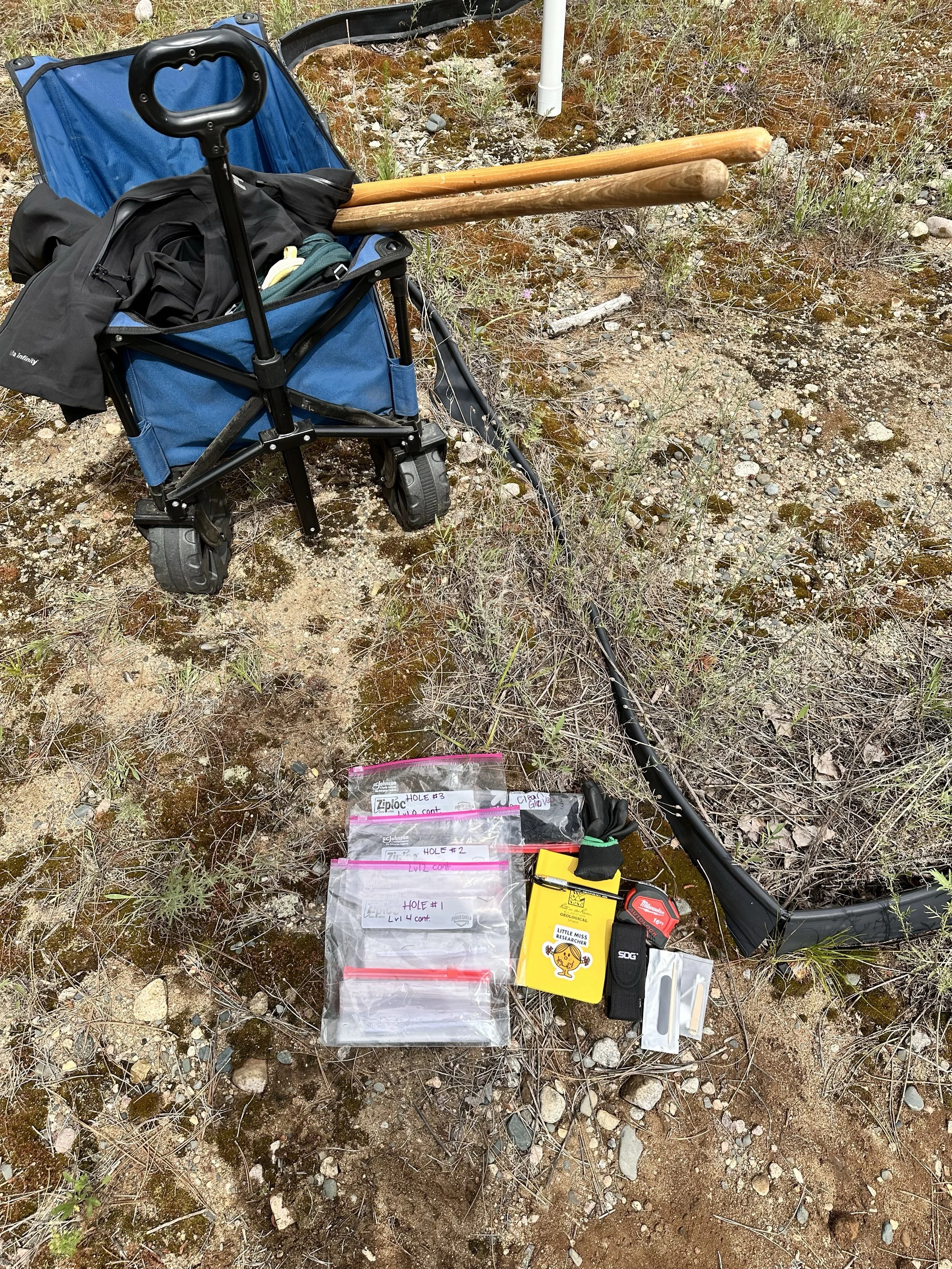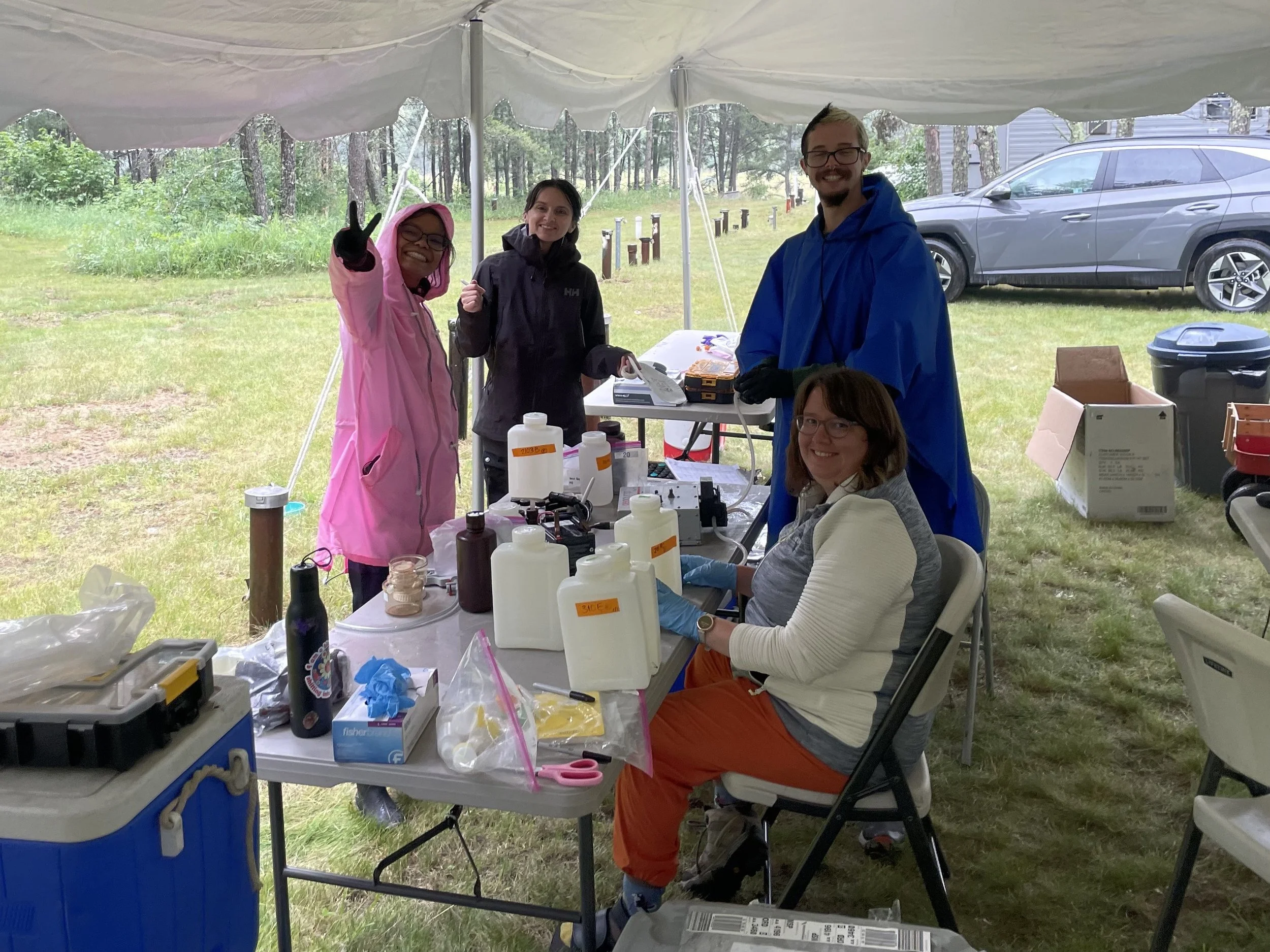There are approximately 126,000 petroleum-contaminated groundwater sites in the United States alone. Plumes of petroleum-contaminated groundwater carry a mixture of native (background) dissolved organic matter, petroleum hydrocarbons, and their degradation products. The environmental persistence of oil spills is of emerging concern because many of the petroleum degradation byproducts are not regulated, even though there is a large body of evidence to indicate they are harmful to mammals, aquatic invertebrates, amphibians, fish, and aquatic plants.
The molecular complexity of crude oils and their differing reactivity and environmental accumulation makes their behavior difficult to predict. Sasha Wagner has teamed up with David Podgorski at the University of New Orleans to investigate links between oil degradation products at contaminated groundwater sites to their petroleum source. They will also assess intrinsic and extrinsic controls on the environmental persistence of oil degradation byproducts. The analytically unresolved complex mixture is of particular interest, which defies characterization and quantification by traditional gas chromatography-based methods.
Alicia DiNovo collects groundwater samples.
Sampling of oil-contaminated soils.
This past summer, students from UNO and RPI traveled to Bemidji, Minnesota to sample petroleum-contaminated groundwater and soils at the site of a legacy oil spill that occurred in 1979. The remaining oil continues to be a source of contaminants to the aquifer and has been monitored as part of the USGS National Crude Oil Spill Fate and Natural Attenuation Research Site for the last 40 years. Our group has actively collected data from this site several times within the last decade, which will allow us to evaluate the mobility and persistence of crude oil fractions over time.
Processing groundwater samples - From left to right: Yahminiy Ganesh (UNO), Alicia DiNovo (RPI), Hunter Lee (UNO), and Savanna Grip (RPI).
Project funding information: National Science Foundation – Environmental Engineering (EnvE). Collaborative Research: Identification and Characterization of Petrogenic Compounds that Persist in Aquatic Environments. Award No. 2428602. D. Podgorski (PI), S. Wagner (PI).



